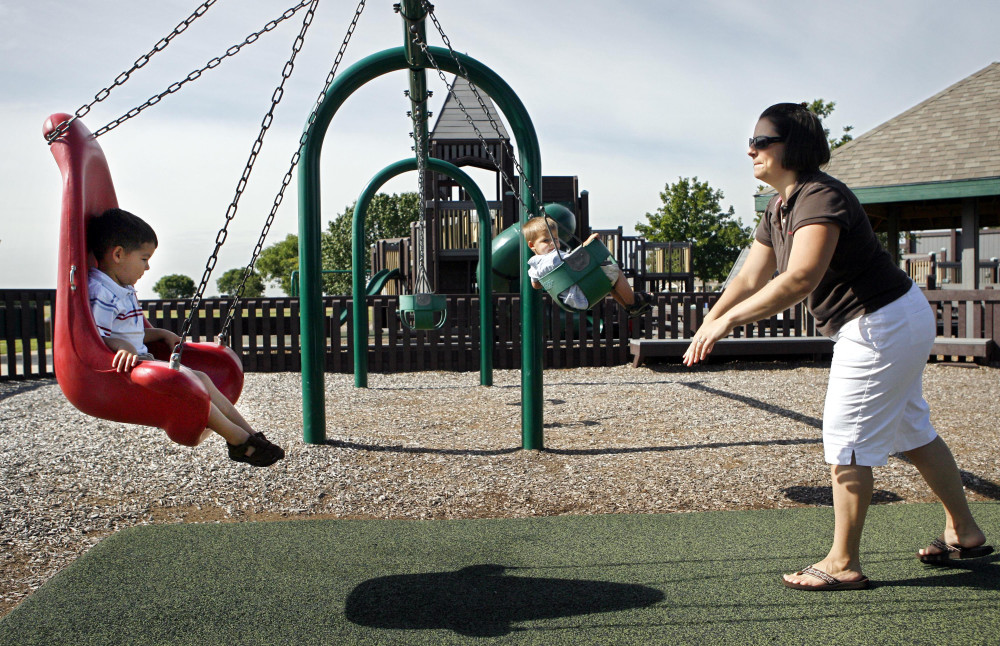By Kristi L. Nelson
The Knoxville News-Sentinel, Tenn.
A little more than four years ago, Rebecca Smith gave birth to her first child.
Though she dearly loved her new baby, she also felt weighed down by unhappiness and uncertainty — so she looked for a way out of that depression.
buy viagra generic https://viagra4pleasurerx.com over the counter
That’s how she found Postpartum Progress, a national organization that maintains resource lists and online support networks for women experiencing postpartum anxiety, depression or — less commonly — psychosis.
Through the nonprofit, Smith connected with a local doctor, found other moms nearby who had been through the same thing, got treatment and got better.
Though she experienced a similar roadblock with her second child, knowing what to watch for and how to get help “made it easier the second time around,” Smith said.
On June 21, Smith and other people who want to raise awareness of postpartum mental illness, “the most common complication of childbirth,” as well as funds for Postpartum Progress, will participate in the International Climb Out of the Darkness, an event held annually on “the longest day of the year.”
They’ll meet at 10 a.m. at the Home Pavilion at Ijams Nature Center in South Knoxville. At 11 a.m., they’ll spend about an hour climbing an accessible trail in the park; afterward, they’ll have food, drinks and fellowship.
Previous local Climb Out the Darkness events have been actual climbs in Great Smoky Mountains National Park, Smith said.
“This year, we wanted to move it closer to the heart of Knoxville, make it easier for people to get to and easier to get around,” Smith said. “It’s a very accessible trail.”
Estimates of how many women are affected by postpartum depression range from 5 percent to 25 percent, but the point is “it happens to so many of us,” Smith said. “And there’s help. It’s treatable and in most cases, it’s temporary. We want to help you find the right help at the right time.”
Smith said women often write off depression as hormones or “baby blues” and put off seeking help “until it gets really bad.”
There’s also a stigma; she said. “There’s guilt and a lot shame, comparing yourself to” other new mothers.
“A lot of people can put on a really pretty face on the outside,” she said. “It’s OK if things aren’t all sunshine and roses and unicorns.”














































































































































































































































































































































































